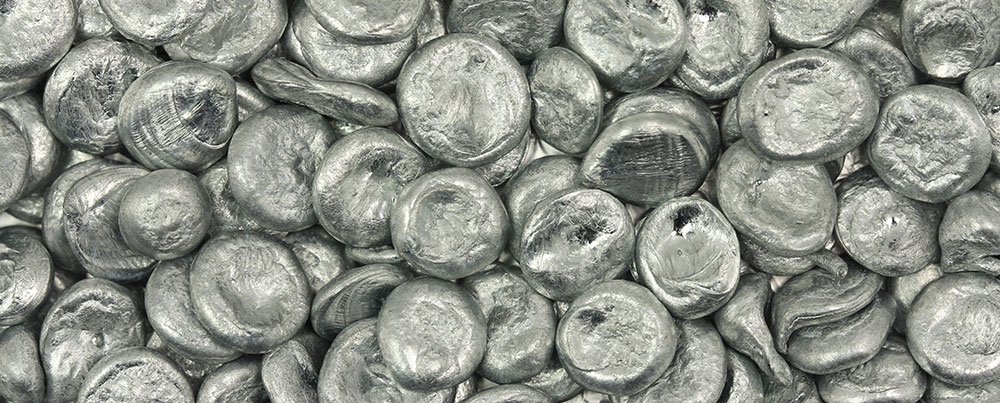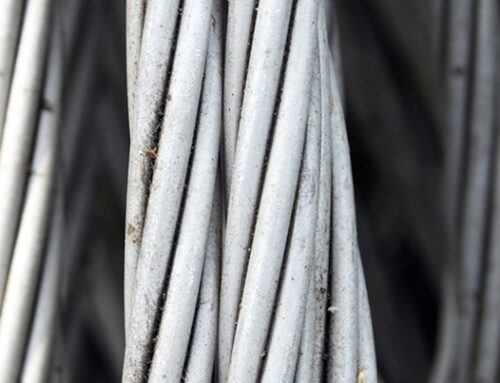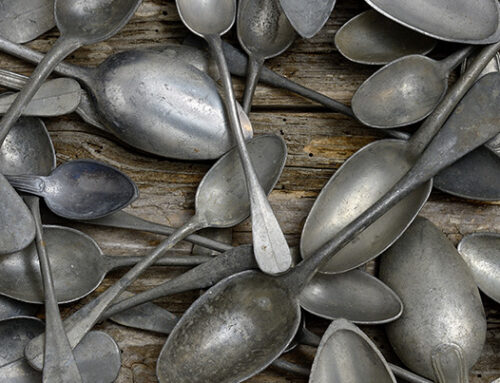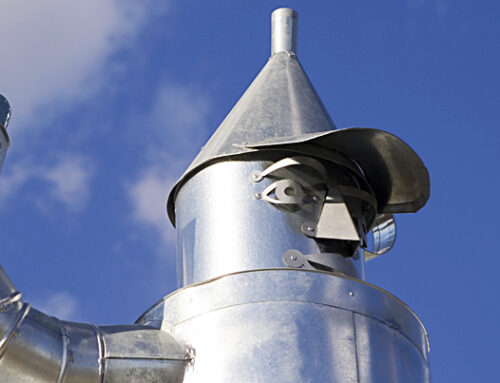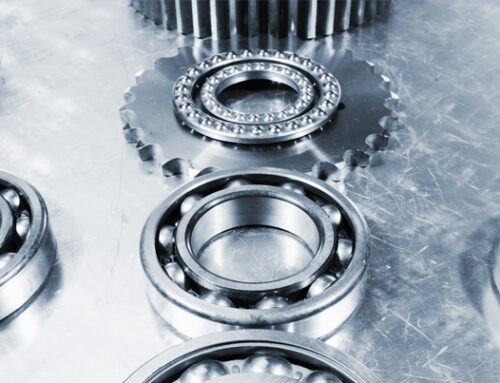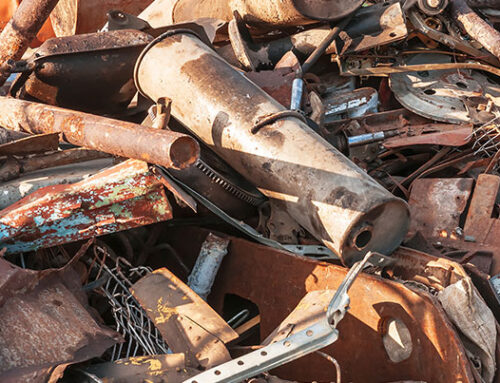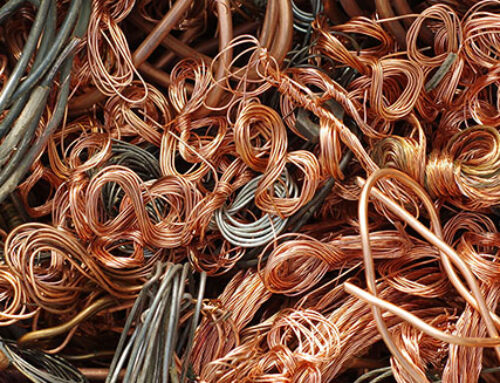Zinc is one of the most often overlooked scrap metals. However, with the right know-how and a little hard work and experience, you can easily turn zinc into cash with Encore Recyclers. While you’re making money, you’ll also be helping the planet!
The State of Zinc Recycling
Zinc is a widely-used metal. Its most common use is in treating steel through a process called galvanization, which essentially involves coating the steel with zinc. This is done to make the steel more durable, especially protecting it from the effects of environmental changes.
Zinc is also a widely-used material in many alloys (blends of different naturally occurring metals to create a new metal), most commonly in brass.
Zinc is fairly widely recycled. Somewhere around 80% of used zinc is recycled. However, that’s still much less than some other metals! Steel, for example, is virtually 100% recycled—no reusable structural steel goes to waste.
On top of this discrepancy, there’s another problem. Although 94% of structural steel is made from recycled material, only about 30% of zinc is. That means that a lot of energy is being expended on mining zinc, instead of using more environmentally friendly (and otherwise equivalent) recycled zinc.
However, new recycling technologies are making it much easier to separate zinc from other metals, so both the amount of zinc recycled and the percentage of new zinc made from recycled materials should go up soon. This change will be good for the environment and economy—and you can be a part of it!
How to Find Zinc
You’ll most often find zinc as an added component to other metals, either to alloys like brass or as the coating on galvanized steel. Instead of being bought and sold by the name “zinc,” they’re bought and sold with the name of the new material.
Galvanized steel in particular can be a great material for scrappers to work with. Because of its added durability from the zinc, it is often easier to store and clean than other forms of steel. Also, like all different types of steel, it has its own supply and demand—meaning you can easily watch the galvanized steel price and sell your supply when the value is up!
You may also find zinc in some of the following places:
- die-cast metals and die-casting runoff
- communication equipment
- musical instruments (including some pipe organs!)
- zinc-aluminum alloy (often used in roofing)
How to Tell Zinc and Brass Apart
Although zinc is a major component in the alloy brass, they are used and valued quite differently. The easiest way to tell them apart is their color: brass generally has a more copper-like color (because copper is the other major component), while zinc is silver.
You can check out the following video for more ways to test for differences between zinc and brass!

